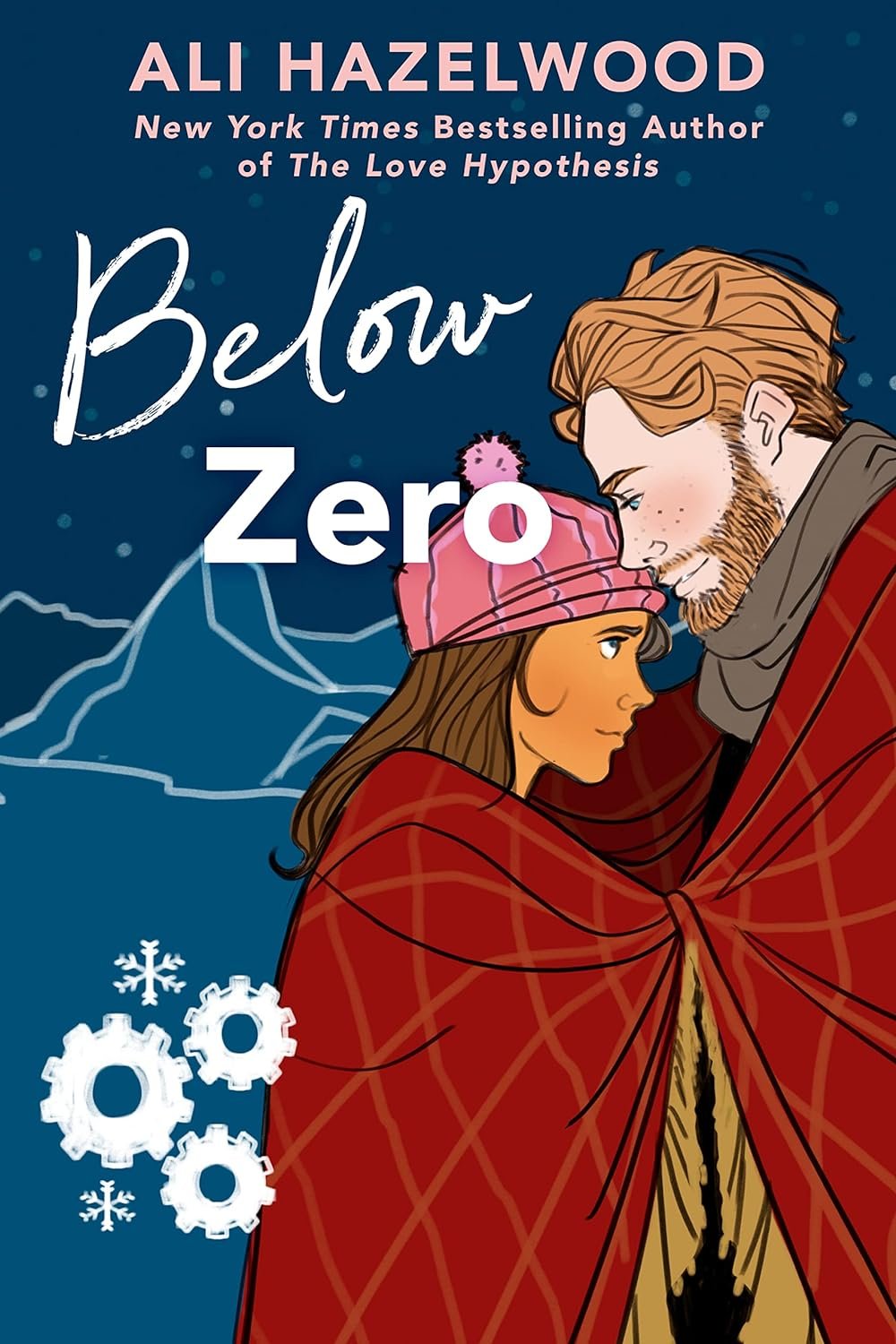The Sentinels: Corruption and Deception Unveiled
/In his new publication The Sentinels: Voices Behind The Curtain, Gordon Zuckerman taps into the source of our current political issues. His book unravels not only the corrupt dealings of our government. It also concentrates specifically on the cracks in our free enterprise system. The books calls on us to become acutely aware of the corruption at the heart of the political scene. As intelligent citizens with unique political views, we simply cannot afford to ignore these issues any longer. They naturally disturb us and make us worry, if not panic, about the future of our nation.
Zuckerman emphasizes the issue of trust on our political scene. In a political system that is complicated in itself and involves so many factors to function properly, trust is absolutely critical. We need to be able to trust our leaders if we want to solve complex political issues. According to Zuckerman, however, we seem to be pretty far away from this kind of mentality. He questions the “silent” political leaders: “When will the corruption, conflict of interests, and underhanded dealings in deception by those we are supposed to trust stop?” (PR Newswire). After all, the issue is that we do not trust our leaders. In a way, we are justified, because we regularly witness corruption in the news and the media. We have tolerated deception for too long and are frankly tired of it. The time has come, Zuckerman implies, to express our indignation at the political corruption and bad leadership that we are only too familiar with.
In addition, the author explores what happens when the big machinery of the government is suddenly undermined. In particular, he explains that as soon as we become dissatisfied with the way our government is treating us, we give way to rebellion. We can definitely put up with deception for a while but not for too long. Eventually, according to Zuckerman, a small group decides to oppose “agendas of misdirected concentrations of wealth and influence” (PR Newswire). In other words, little by little, the rebels who oppose the actions of the government form their own political organization. They do not want to put up with the government’s manipulations any longer. Neither do they want to patiently wait for the government to change its policies in their favor. Rebellion starts brewing.
At this point, we realize that good leadership is absolutely indispensable to us. We absolutely must have strong leaders who would know how to distribute resources and resolve political and economic issues. Zuckerman suggests that “[w]e need more, high-minded, entrepreneurial leaders,’… ‘who are opposed to those who abuse privileges of free enterprise for their own interests’” (PR Newswire). The issue is that we do not have capable leaders who will be able to lead us forward into progress. Not only should these people be forward-thinking. They should also be wise and know how to make the right decisions at just the right moment. On the other hand, if we do not have good leaders, we must also know how to respond. Otherwise, without a good leader, the complex machinery of our government would eventually disintegrate.
Once we realize how strongly we need a good leader, rebellion actually starts to smolder within us. We begin noticing flaws in our government. If we do not agree with a leader’s policies, we do not just put up with them. We rebel. In his book, Zuckerman sends us a very concrete message. He tells us that there is no need for us to be silent. He uses the power of fiction to communicate to us what we could do to express our rebellion if only we could be bolder. For Zuckerman, silence is no longer an option for us. According to PR Newswire, the author comments on his individual writing process by articulating the purpose of his book: “By using the fictional lives of the main characters as vehicles for the telling of the story, I have attempted to utilize their experiences to speculate what they might have done in opposition” (Mystery Tribune). His message cannot fail to get home to readers. Zuckerman uses fiction to help us identify faults in the system. Even if we cannot actually rebel against the machinery of the government, at least we can speculate, imagine what we could have done if we had the chance to finally express ourselves.
Needless to say, we should be able to hearken to the voice of reason. Those voices, the ones that are behind the curtain, could possibly tell us exactly what we need to hear. We must learn to listen. Perhaps then, we would finally be able to open our eyes to our current political reality. Perhaps then, we would also realize that the corruption we witness is simply staring at us. It has become so glaring at this point that no matter how hard we try we just cannot ignore it. Above all, we should be able to trust our leaders. We cannot tolerate “the looming threat of malignant agendas of misdirected concentrations of wealth and influence” any longer (PR Newswire). Our leaders are supposed to lead the country and help us make progress as a nation. We cannot allow ourselves to live with incompetent leaders anymore. The book moves us to think about political issues that at this point have become too pressing to be tolerated.
Ultimately, Zuckerman’s The Sentinels: Voices Behind The Curtain can help us open our eyes to our grim reality. It is time for us to stop corruption. We must embrace free enterprise all over again and focus on returning to the values we once had. We must also become economically stable as a nation and believe in the importance of strong leadership. In the end, the book pushes us to become aware of our flawed political reality and presses us to remain vigilant.



















